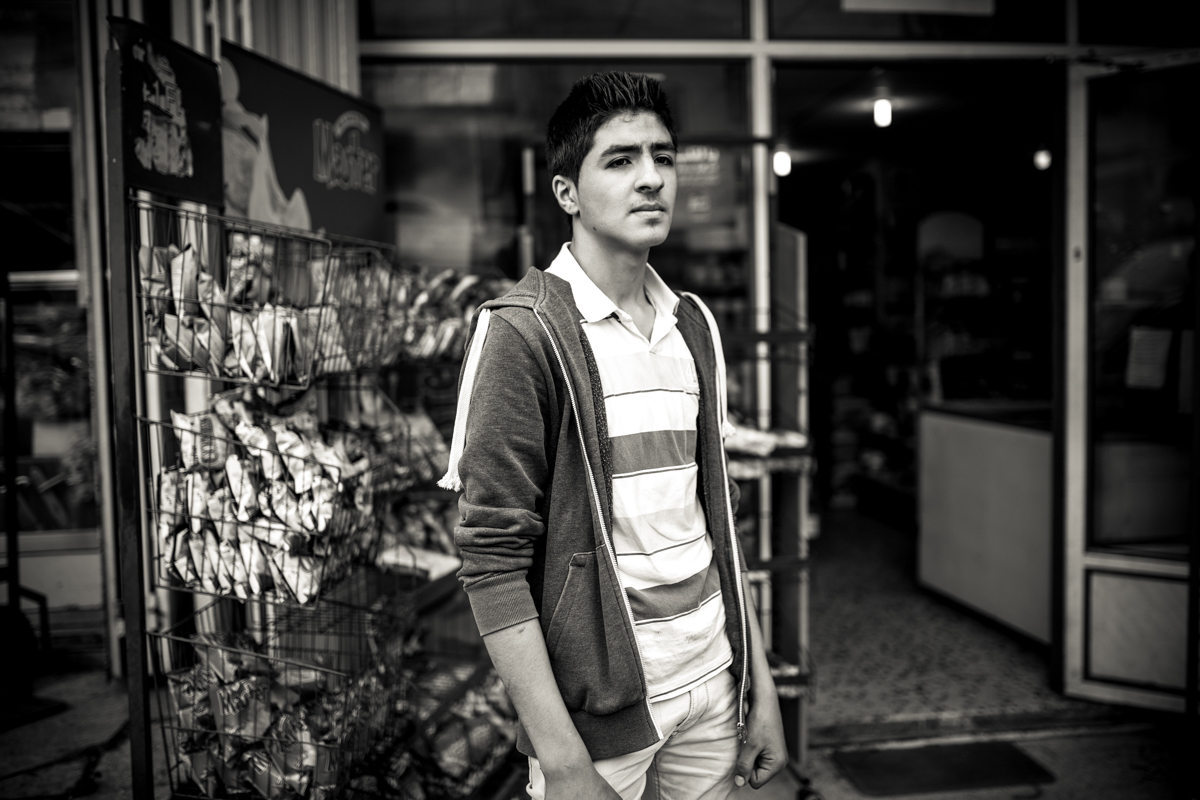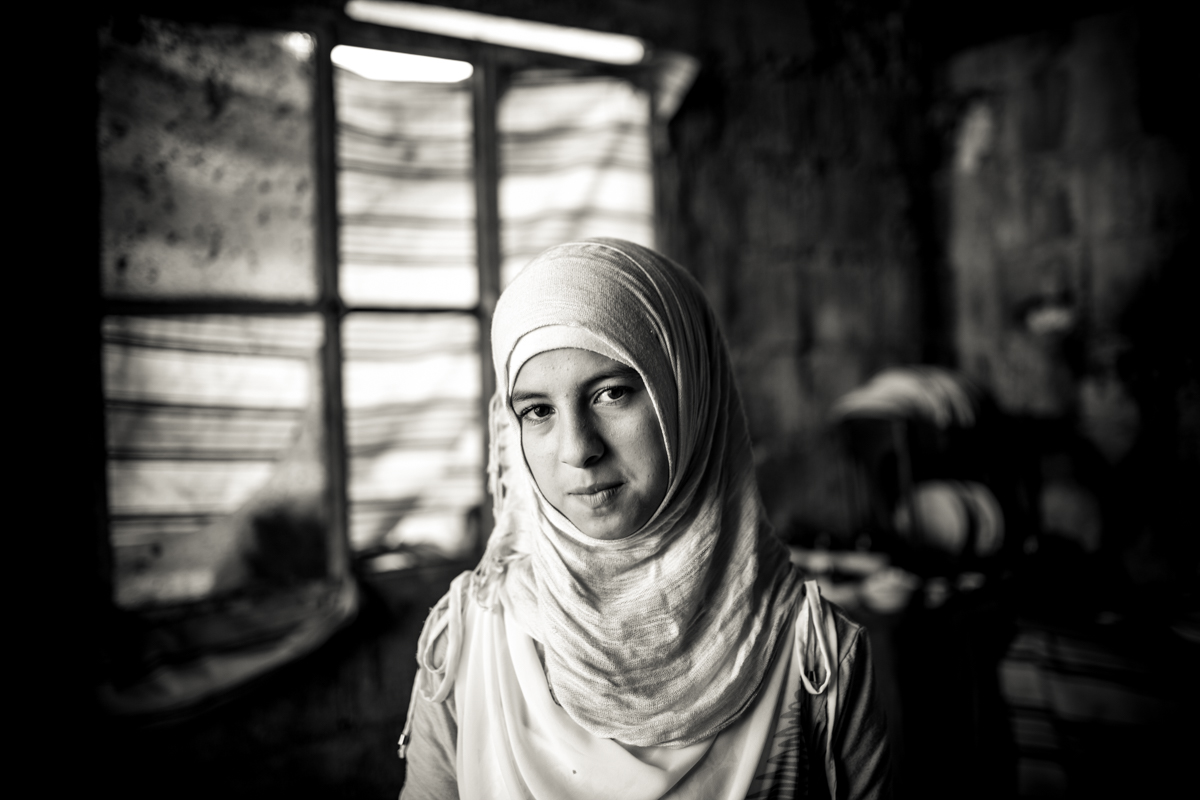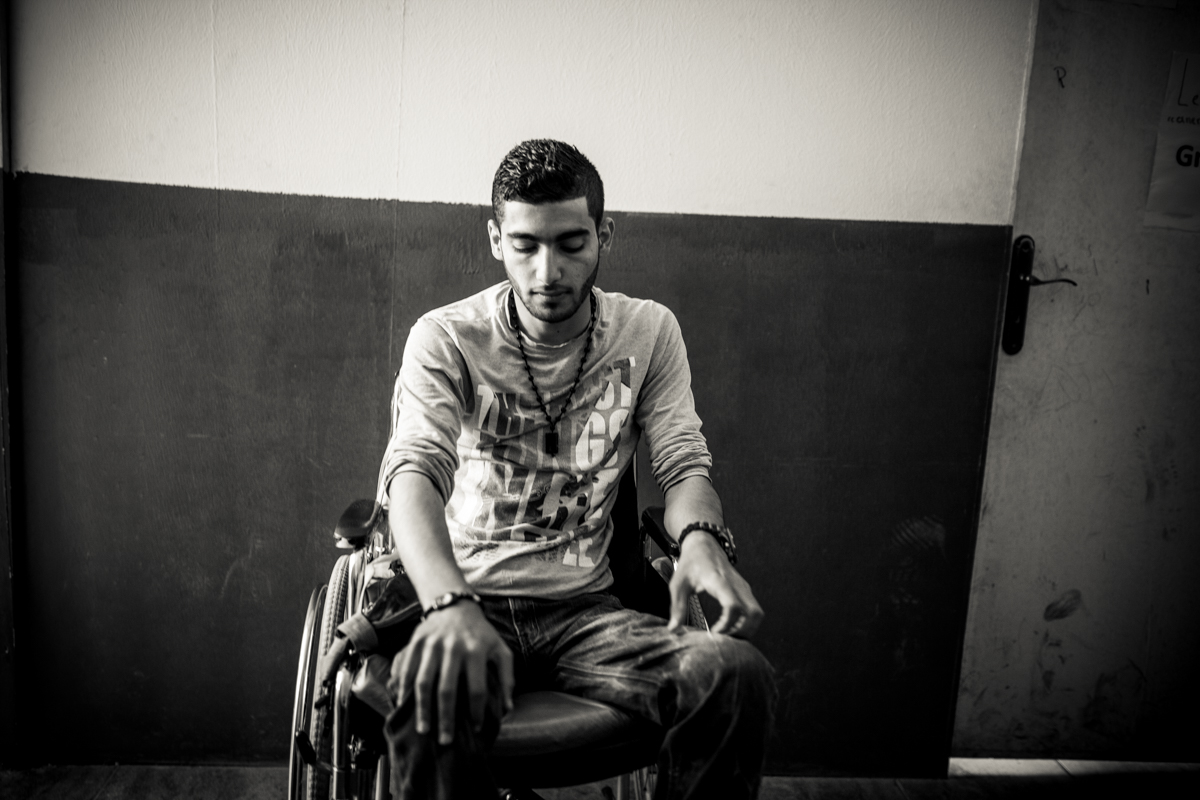May, 2015
In its fifth year, the Syrian crisis continues to devastate the lives of more than 1.2 million refugees who have sought safety in Lebanon, often in the country’s poorest areas.
About 12% of these refugees are teens, and the vast majority of them have been out of school for several years. This is often due to inability to pay for tuition fees or adapt to the the different curricula — Syrian classes are taught in Arabic while Lebanese classes are taught in English and French Also, many teens have to forego an education to find work and help support their families.
To help teens learn marketable skills to help them cope, UNICEF and Anera have ramped up efforts to provide over 11,000 adolescents, children and community members with life skills and a non-formal education in protective learning environments.
The Quick Impact Skills Development program includes literacy and numeracy, occupation-specific and generic job skills and life lessons to help them learn interpersonal and interpersonal skills for living and working together.
The program also offers youth different pathways to success to help them prepare for and access formal education wherever possible, including the Ministry of Education’s newly-launched Accelerated Learning Program (ALP). Special attention is given to the inclusion of girls in all activities.
We’d like you to meet some of the hardworking individuals who are overcoming unimaginable obstacles to pursue their education.
Meet Sami, a 16-Year-Old Refugee from Aleppo


Sami came to Lebanon two years ago when armed clashes reached his neighborhood in Aleppo. Leaving his father behind due to political restrictions, Sami had to drop out of school to work in a supermarket in order to pay the rent for his family of seven. Sami earns $6 a day, working 13 hours carrying boxes weighing up to 50 kilos each. At 16 he already suffers from back pain. He always dreamed of becoming a surgeon, but soon after he arrived to Lebanon, his dream faded as his harsh reality took hold.


I want to become a surgeon, so I can treat people for free and not discriminate against anyone, now that I know how that feels.
Social workers introduced Sami to the UNICEF program, implemented by Anera, and he started to dream of a better future for himself. Every Friday and Saturday, Sami takes off from work to join the classes. He says, “I want to become a surgeon, so I can treat people for free and not discriminate against anyone, now that I know how that feels.”
Meet Nabila, a Lebanese Teen Unable to Afford Public School


Nabila, age 18, was born in Bebnine Akkar, North Lebanon. She dropped out of school two years ago because of her family’s difficult financial situation. She works 13 hours a day in a clothing shop, for $110 a month in order to help support her family. Nabila found out about the UNICEF project through her neighbors.
The program, which is implemented by Anera, offers her a chance to resume her studies, including Arabic, English, math, as well as life skills and sports. Nabila says her greatest passion is drawing and she dreams of enrolling in art school and decorating walls and streets with her paintings. After only a month, Nabila has made new friends from different villages and different communities, including Syrian refugees who fled their homes and are now living in Lebanon’s Akkar area.
Meet Adnan, a Refugee Paralyzed by a Stray Bullet in Homs


Three years ago in Homs, Syria, a stray bullet from a sniper hit Adnan in his spinal cord. It put him in a wheel chair for the rest of his life. He traveled to Lebanon for treatment and had several surgeries to keep him alive. Adnan started at a public school in Akkar, in north Lebanon, but the building was not designed for students in wheel chairs. He dropped out.
Adnan joined Anera’s program, which is sponsored by UNICEF, to pursue his education and his dream of becoming an electrical engineer. The courses are held in a friendly space designed to be accessible to the most vulnerable. He also gets reliable care and assistance and transportation to and from class.


